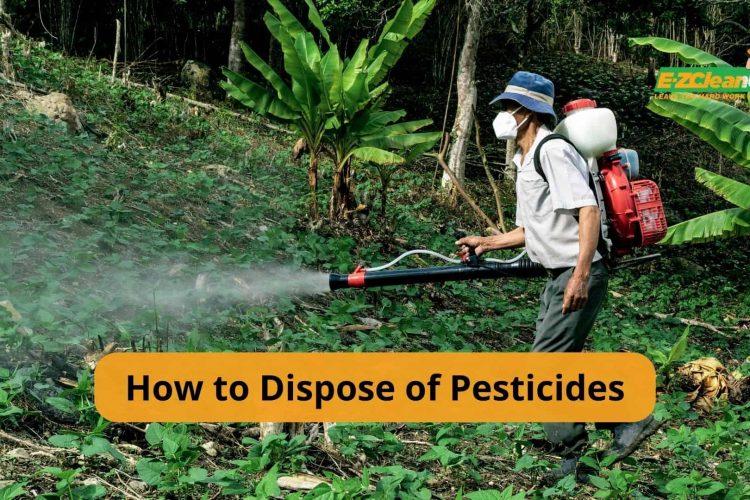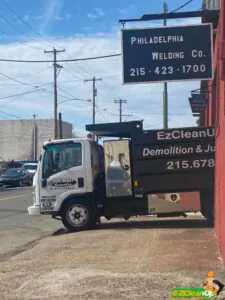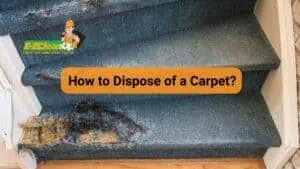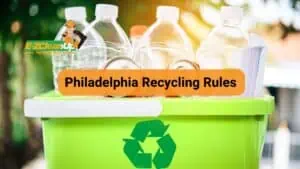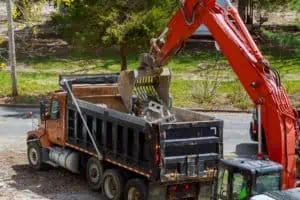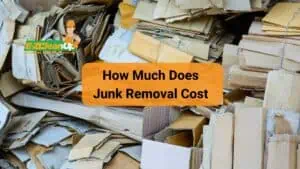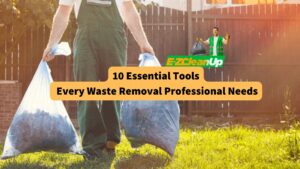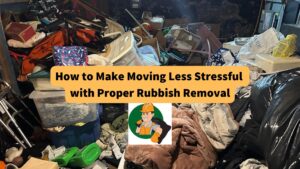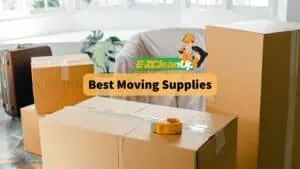Pesticides play a crucial role in agriculture and pest control, but their improper disposal can have severe environmental and health consequences.
You should always be careful with treatments for home bugs. Understanding how to handle pesticide waste and where to dispose of pesticides is essential.
In this article, we’ll provide you with seven tips for proper pesticide disposal while discussing what pesticide waste is and highlighting pesticide disposal regulations.
What is Pesticide Waste?
Pesticide waste refers to unused or leftover pesticide products, as well as empty pesticide containers, that need safe and responsible disposal. Proper disposal is crucial to prevent environmental contamination and potential health risks.
7 Tips on How to Dispose of Pesticides
Read the Label
Always begin by reading the pesticide label. It contains important information about the product, including specific disposal instructions.
Use it Up
To minimize leftover pesticide, follow the label instructions for application. Using the product as directed reduces the amount of waste.
Contact Local Authorities
Check with your local government or environmental agency for guidance on pesticide disposal. They can provide information on disposal programs or collection events in your area.
Seal the Container
If you have leftover pesticide, store it in the original container or a well-labeled, sturdy container with a tightly sealed lid to prevent leaks and spills.
Don’t Dump or Flush
Under no circumstances should you pour pesticides down the drain, toilet, or storm drain. Doing so can contaminate water sources and harm aquatic life.
Triple Rinse
If you need to dispose of empty pesticide containers, triple rinse them with water, using the rinsate in the application area. Allow the container to drain and dry before recycling or disposing of it according to local regulations.
Consider Alternative Products
Explore alternative methods for pest control, such as integrated pest management (IPM) or the use of natural and organic pesticides. These products often have less stringent disposal requirements.
Pesticide Waste Examples
Pesticide waste examples include leftover pesticides, empty containers, outdated products, and any materials or equipment used in pesticide application. Proper disposal is essential to ensure these materials do not harm the environment or pose risks to human health.
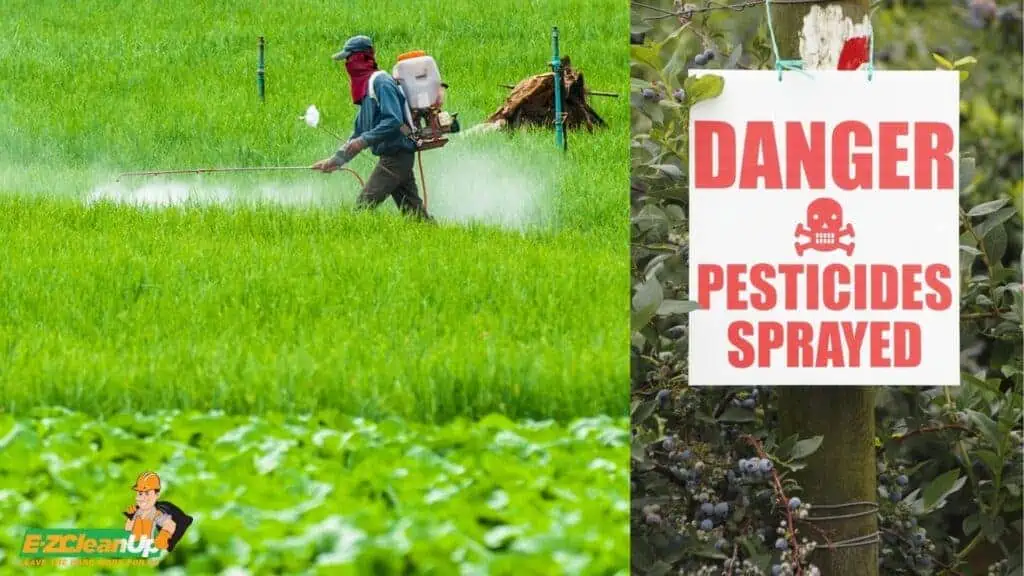
Pesticide Disposal Regulations (US)
In the United States, the disposal of pesticides is regulated by the Environmental Protection Agency (EPA). The EPA provides specific guidelines and regulations for the safe disposal of pesticides.
It is essential to adhere to these regulations to prevent environmental contamination and potential health hazards. Failing to do so can result in serious consequences, both legally and environmentally.
The Consequences of Improper Disposal
If pesticides are thrown into toilet water or improperly disposed of in any other way, the potential consequences are significant.
It can lead to water pollution, harming aquatic ecosystems, and endangering drinking water sources. The improper disposal of pesticides may also violate local, state, or federal laws and result in fines, penalties, or legal action.
Waste Management Companies
Using specialized cleaning companies for the disposal of pesticides is crucial for safety, compliance, and environmental protection.
These companies possess the expertise to handle hazardous materials safely, ensuring compliance with complex regulations.
With the proper equipment and efficient procedures, they mitigate the risks associated with pesticide disposal and minimize the environmental impact.
By entrusting experts with this task, you gain peace of mind and contribute to resource conservation, all while focusing on your core responsibilities.
Bottom Line
Proper pesticide disposal is a responsibility that should not be taken lightly. By following these seven tips and being aware of disposal regulations in your area, you can contribute to a cleaner, safer environment while safeguarding your health and that of your community.
Responsible pesticide disposal is a vital step in maintaining the balance of our ecosystems and ensuring a healthier world for generations to come. Remember, your actions can make a significant difference, both locally and globally.
If you have pesticide waste you want to dispose of, and you find that it might be an opportunity for a bigger cleanout, contact EZ CleanUp today for the best junk removal service in Philadelphia.

